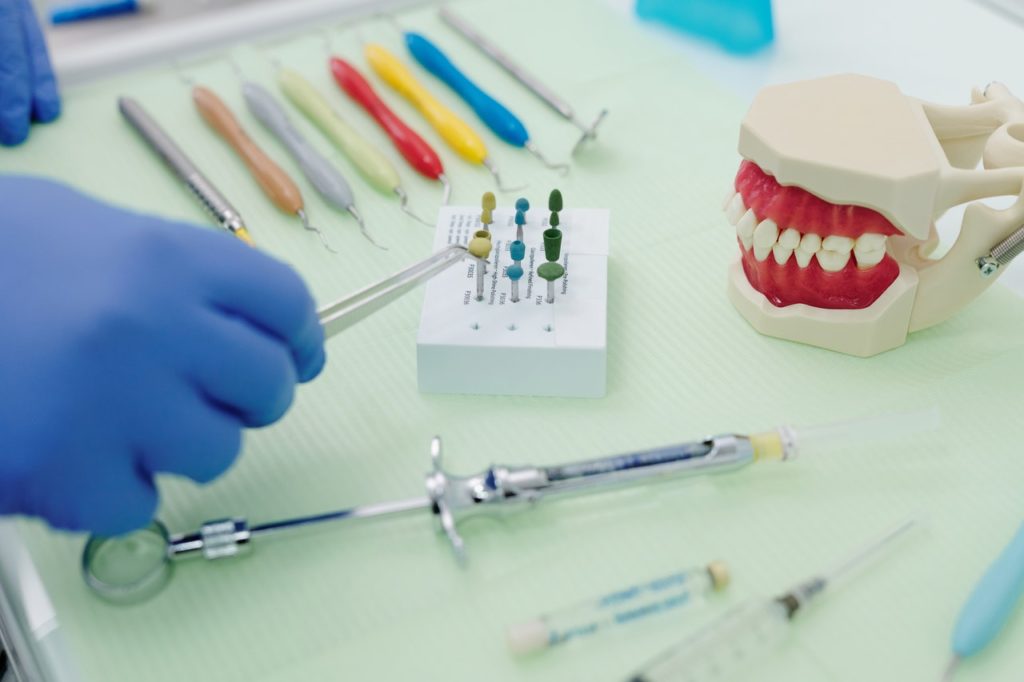Have you ever experienced facial pain—jaw pain, headaches, and migraines, or earaches? Although some of these will occur after eating tough food such as steak or nuts, excessive pain that happens frequently can be a sign of something more serious.
Chronic facial pain can be the result of a TMJ disorder. When it is left untreated, this pain will worsen to the point that it will be difficult to eat or speak. Find out what causes this disorder and its other signs and symptoms to know how to remedy it.
What is TMJ Disorder?
TMJ stands for temporomandibular joint, which is the junction between your skull and jawbone. This is responsible for your ability to move your jaw for talking, chewing, yawning, and so on. When you feel incessant pain in this joint, a specialist will diagnose you with temporomandibular disorder, otherwise known as TMJ disorder.
The signs and symptoms of this disorder vary by patient, but they often include the following:
- Headaches and neck pain;
- Ear pain, whether inside or around the area;
- Jaw pain or soreness;
- Difficulty in opening or closing the mouth; and
- Popping noises when opening the mouth.
The joint and its surrounding area are made up of a complicated system of muscles, ligaments, discs, and bones. As one of the most complex joints in the body, the TMJ can encounter several factors that may cause TMJ disorder. However, many specialists will argue that the most common cause is stress.
What is the Cause of TMJ Disorder?
Stress is a part of life. But chronic stress can have physical manifestations, leading to illnesses and disorders, including TMJ disorder.
When you are stressed, there is a tendency to clench your jaw. It is also common for stress to manifest in your sleep, causing you to grind your teeth at night. Both actions put pressure on your TMJ.
The constant strain can cause your jaw to misalign, leading to pain in your neck and surrounding muscles. This can then result in more restless sleep, which will worsen your teeth grinding and jaw clenching.

How to Prevent Jaw Pain
Reducing stress is one of the ways to prevent jaw pain. Although this is easier said than done, some activities can help with this goal.
- Meditation
- Deep breathing exercises
- Yoga
- Low-impact activities (e.g., walking)
Try out these practices until you find one that works out for you. If none of them are effective, you can try other activities such as writing in a journal. You can try changing your diet to avoid food that requires excessive chewing.
Remedies to Alleviate Jaw Pain
Treatment for TMJ disorder is specific to the patient. For minor symptoms, most specialists will advise reducing the stress in their lives. Also, they may be given simple exercises that target the jaw muscles.
Jaw Joint Stretch
Focused on stretching the jaw and neck muscles, this exercise can relieve tightness in the area.
- Press the tip of your tongue to the roof of your mouth.
- Open your mouth as wide as you can before closing it.
- Repeat this procedure up to ten times, but you should stop when you feel discomfort.
Jaw-Opening Exercise
This exercise aims to help ease the strain of opening and closing your mouth, making it easier to eat and speak.
- Place clean fingers on top of your front bottom teeth.
- Slowly apply pressure while pulling down your mouth and jaw.
- Stop when you feel slight discomfort on your jaw but hold the position for 30 seconds.
- Slowly release your jaw to return to the starting position.
- Repeat this procedure at least three times.
Do You Need Medical Intervention?
In some cases, a TMJ disorder will require the patient to seek professional help. This is because your TMJ’s chronic pain and constant moving can lead to complications that will require medical intervention.
If the simple exercises aren’t helping, consider visiting a specialist. They can have other remedies such as a mouth guard for when you sleep or physical therapy for your TMJ.
The pain you feel in your jaw is not something you should ignore. Find out if it’s TMJ disorder as early as possible to get the necessary treatment.

